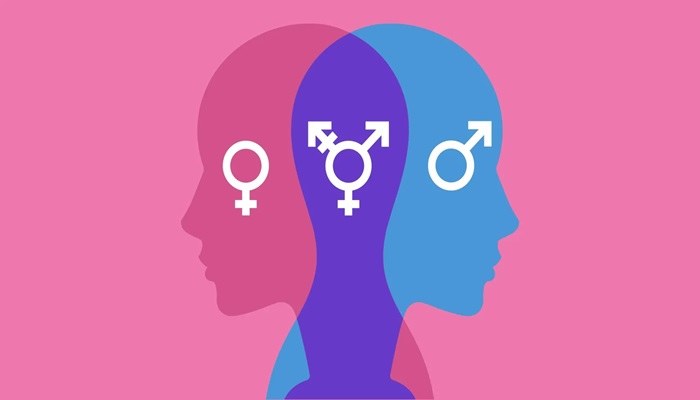In recent times, the concept of gender-affirming care has gained significant attention. Here, we aim to provide comprehensive answers to the questions you may have about this important aspect of healthcare.
Gender-affirming care is a range of medical and psychological services designed to support individuals whose gender identity differs from the sex they were assigned at birth. It is based on the understanding that each person has a unique and valid gender experience. This care can include hormone therapy, which helps to align an individual’s physical characteristics with their gender identity. For example, transgender women may receive estrogen to develop more feminine secondary sexual characteristics, while transgender men may take testosterone to achieve a more masculine appearance.
Another crucial component is psychological counseling and support. This helps individuals explore and understand their gender identity, deal with the social and emotional challenges that may arise, and build resilience. It can also involve working with family members and loved ones to create a more accepting and supportive environment. Therapists trained in gender issues can provide a safe space for clients to express their feelings and concerns, and guide them through the process of self-discovery and acceptance.
In some cases, gender-affirming care may involve surgical procedures. These can range from facial feminization or masculinization surgeries to more complex procedures such as genital reconstruction. These surgeries are typically considered after a period of living in one’s affirmed gender and in consultation with a team of medical professionals. They are aimed at further aligning the body with the individual’s gender identity and can have a significant impact on a person’s self-esteem and quality of life.
In all aspects of gender-affirming care, informed consent is a key principle. This means that patients are provided with detailed information about the potential benefits, risks, and alternatives of each treatment option. They are given the opportunity to ask questions and make decisions based on a full understanding of what is involved. This ensures that individuals are active participants in their own care and that their autonomy is respected.
Healthcare providers who offer gender-affirming care need to have specialized knowledge and training. They must be able to provide culturally competent and non-judgmental care. This includes understanding the unique needs and experiences of transgender and gender non-conforming individuals and working with them to develop personalized treatment plans. It also involves collaborating with other healthcare professionals, such as endocrinologists, surgeons, and mental health providers, to ensure comprehensive and coordinated care.
In conclusion, gender-affirming care is a vital and complex area of healthcare that aims to support individuals in their journey of self-identification and well-being. By understanding the various components and principles involved, we can create a more inclusive and supportive healthcare environment for all.
Read more
- What Is Transsexuality, And Is It A Mental Disorder?
- Transsexualism: A Misunderstood Reality
- Supreme Court Battle: Transgender Attorney Challenges Minors’ Health Care Prohibition


